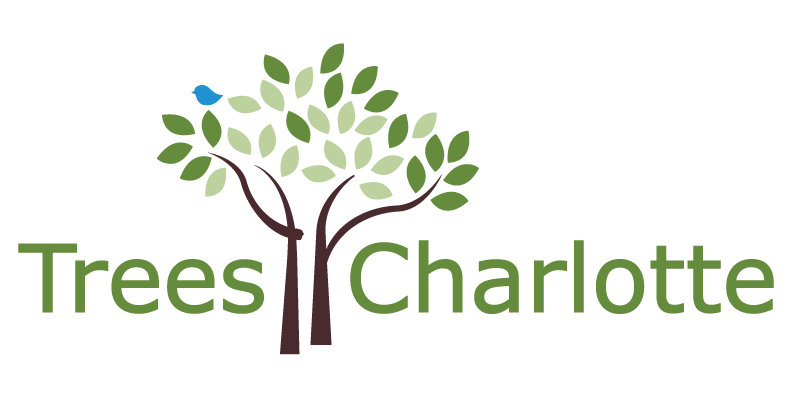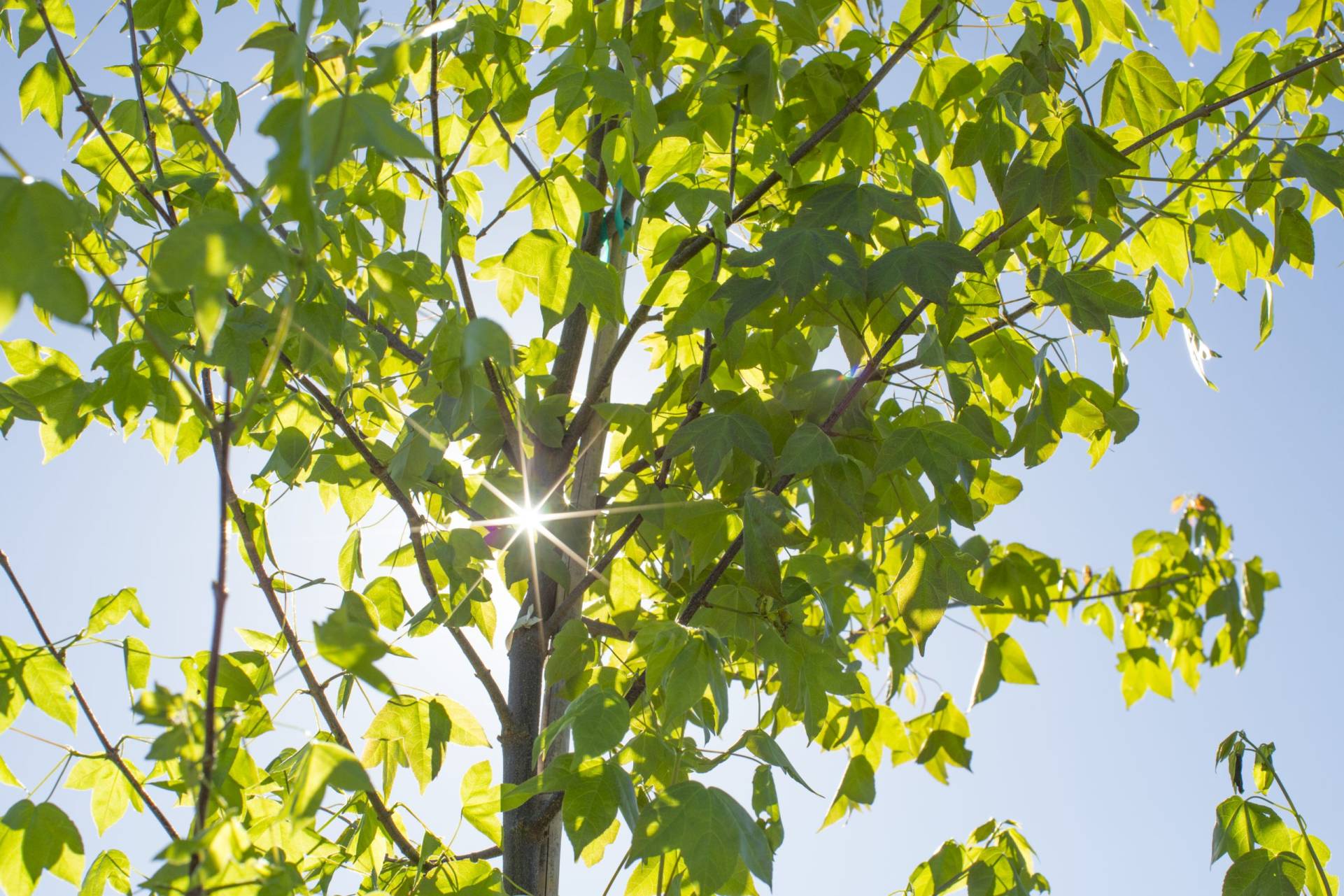Carbon Offset Calculator
Directly reducing our carbon footprint is clearly ideal, but some level of carbon emissions are unavoidable. A great way to compensate for these emissions is through the purchase of carbon offsets, which help fund credible projects that minimize the impact of these emissions.
Enter one of the following values and click calculate:
Calculate
- Contribution
- tons Carbon Offset
- Trees Planted

